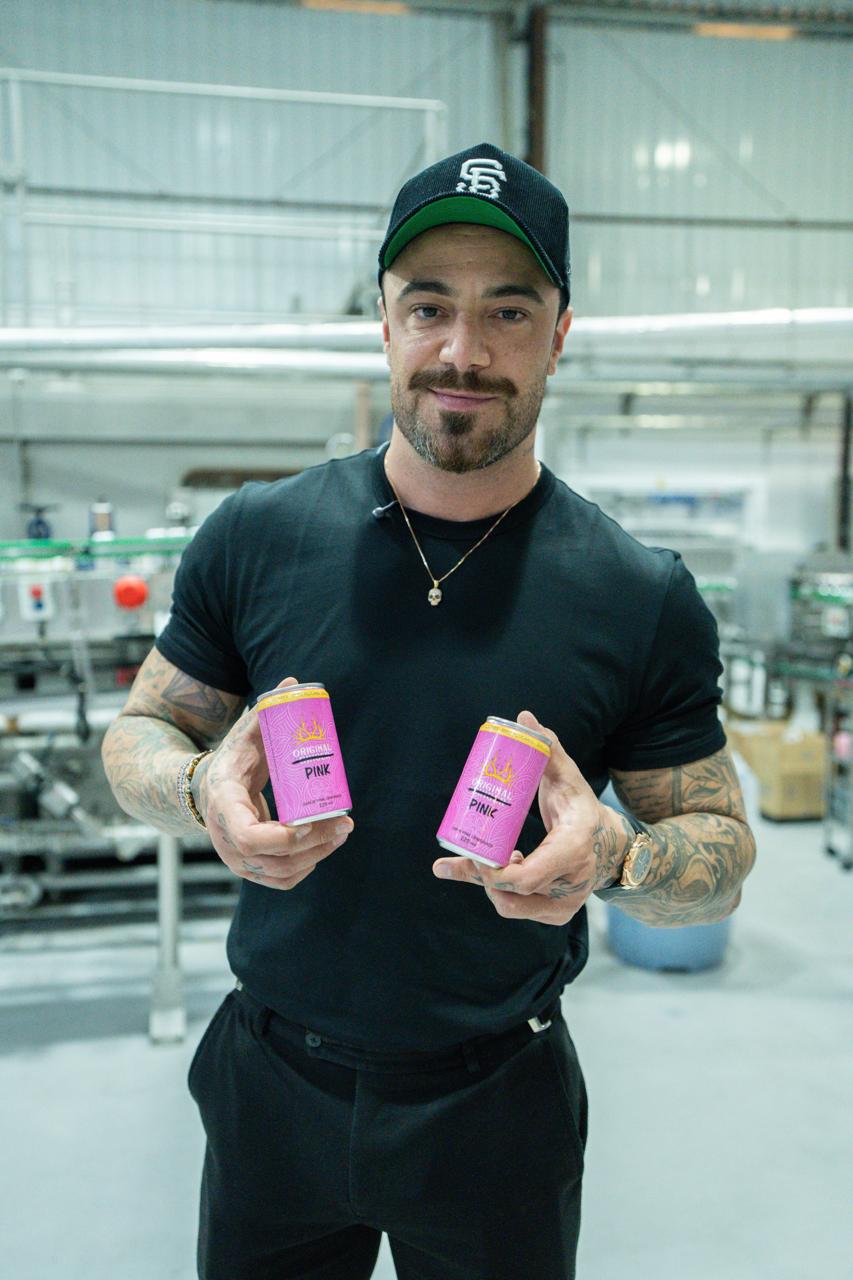O cartão de desconto promove saúde acessível para todos com qualidade e a humanização.
Em um cenário de pressão sobre o sistema público e encarecimento dos planos de saúde tradicionais,
o Cartão Bento surge como alternativa estruturada para democratizar o acesso à saúde privada na região Oeste da Grande São Paulo.
Com atuação em Carapicuíba, Osasco, Barueri, Jandira, Cotia, Santana de Parnaíba, Alphaville, Itapevi
e toda a Zona Oeste da Grande São Paulo, o projeto atende um mercado superior a 1,7 milhão de habitantes,
oferecendo previsibilidade financeira, agilidade no atendimento e organização assistencial baseada em protocolos clínicos.
Uma resposta aos desafios do sistema de saúde
O sistema de saúde brasileiro enfrenta dois grandes obstáculos:
• Longos prazos de espera na saúde pública;
• Crescente inviabilidade dos planos de saúde convencionais para grande parte da população.
O Cartão Bento posiciona-se como uma solução intermediária sustentável — nem plano tradicional,
nem dependência exclusiva do sistema público — mas um modelo estruturado de acesso à saúde privada.
Como funciona o Cartão Bento
O modelo foi desenhado para ser simples, acessível e financeiramente previsível.
Modelo Pay-Per-Use:
O cliente paga apenas pelos serviços que utilizar, sem mensalidades elevadas e sem carências prolongadas.
Jornadas de Cuidado Financiadas:
Pacotes estruturados para diagnóstico e tratamento, com preço pré-definido e possibilidade de parcelamento.
As jornadas seguem protocolos clínicos organizados, garantindo previsibilidade e clareza no tratamento.
Processo de utilização:
• Aquisição rápida;
• Acesso à plataforma digital integrada;
• Agendamento facilitado;
• Pagamento estruturado;
• Atendimento na rede credenciada auditada.
Benefícios para famílias e empresas
O Cartão Bento atende especialmente:
• Classes C, D e E;
• Trabalhadores autônomos;
• Pequenas e médias empresas;
• Famílias que buscam acesso à saúde privada com custo previsível.
Entre os principais benefícios estão:
• Acesso rápido a consultas e exames;
• Rede credenciada monitorada;
• Atendimento humanizado;
• Possibilidade de parcelamento;
• Plataforma tecnológica integrada;
• Sustentabilidade financeira para usuários e parceiros.
Rede credenciada de referência
O Cartão Bento é aceito para exames na TRANSDUSON, o laboratório mais completo e avançado da região,
referência em análises clínicas e diagnóstico por imagem confiáveis, ampliando ainda mais a qualidade e segurança assistencial oferecida aos usuários.
Governança, tecnologia e sustentabilidade
O projeto foi estruturado com base em boas práticas de governança e responsabilidade social. O modelo inclui:
• Gestão por indicadores;
• Monitoramento contínuo da qualidade assistencial;
• Controle financeiro estruturado;
• Mitigação de riscos regulatórios;
• Conformidade com LGPD, Código de Defesa do Consumidor e legislação vigente;
• Planejamento estratégico de expansão responsável.
O objetivo estratégico é consolidar o Cartão Bento como referência regional em acesso estruturado à saúde privada,
promovendo inclusão, excelência assistencial e previsibilidade financeira.

Como adquirir
Instagram: @cartaobento
WhatsApp: (11) 92047-2267
Cartão Bento — Saúde acessível para todos.

 Negócios4 dias ago
Negócios4 dias ago
 Business7 dias ago
Business7 dias ago
 Business7 dias ago
Business7 dias ago
 Business7 dias ago
Business7 dias ago
 Business5 dias ago
Business5 dias ago
 Entretenimento5 dias ago
Entretenimento5 dias ago
 Negócios7 dias ago
Negócios7 dias ago
 Moda6 dias ago
Moda6 dias ago


















